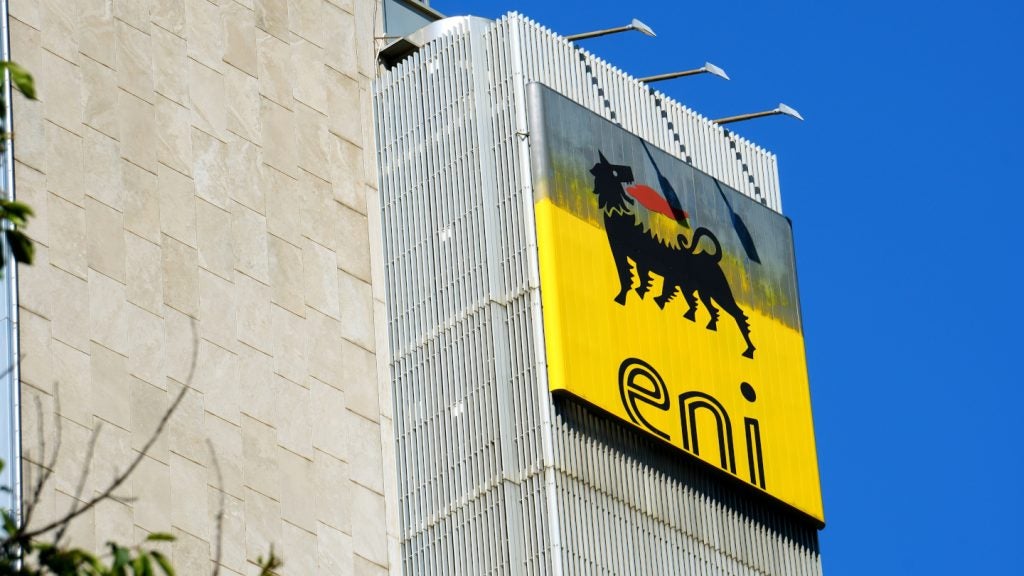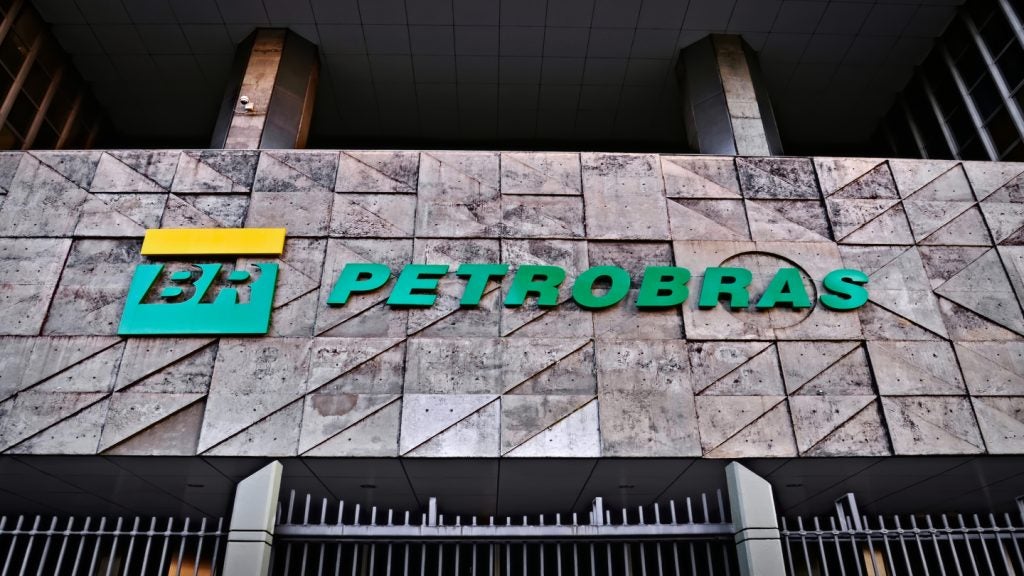
A high-profile plan by Lego to improve sustainability by ditching oil-based plastics has been scrapped after production of the new proposed material was discovered to lead to higher carbon emissions, according to the company.
The prototype brick was made of recycled polyethylene terephthalate (rPET), derived from recycled plastic bottles. Announced in 2021, it was hoped that the material could replace the oil-based acrylonitrile butadiene styrene (ABS), which currently needs approximately 2kg of petroleum to produce 1kg of plastic.
However, Lego has now revealed that switching out ABS for rPET would have led to higher carbon emissions over the product’s lifetime due to the new equipment required.
“In the early days, the belief was that it was easier to find this magic material or this new material,” Niels Christiansen, chief executive of Lego, told the Financial Times. However, he added that this had proved not to be the case, despite the company having “tested hundreds and hundreds of materials”.
ABS allows Lego’s bricks to stick together and pull apart whilst maintaining their shape. Despite the toymaker’s target to eliminate petroleum-based plastics in its sets by 2030, finding a sustainable alternative has proved to be a challenge. In 2018, the company swapped out oil-based polyethylene for a plant-based plastic in around 20 pieces; however, it has not been adopted for the majority of playsets.
Speaking about the scrapping of the rPET plan, Tim Brooks, Lego’s VP of sustainability, told the Financial Times: “It’s like trying to make a bike out of wood rather than steel.”
How well do you really know your competitors?
Access the most comprehensive Company Profiles on the market, powered by GlobalData. Save hours of research. Gain competitive edge.

Thank you!
Your download email will arrive shortly
Not ready to buy yet? Download a free sample
We are confident about the unique quality of our Company Profiles. However, we want you to make the most beneficial decision for your business, so we offer a free sample that you can download by submitting the below form
By GlobalDataHe added: “In order to scale production [of recycled PET], the level of disruption to the manufacturing environment was such that we needed to change everything in our factories. After all that, the carbon footprint would have been higher. It was disappointing.”
Lego has seen an upward trend of patents filed around sustainability and environmental concerns, according to figures collected by GlobalData, Energy Monitor‘s parent company.
These records include the original application for “Toy building element made of a polymeric pet material” in December 2020 - the prototype now being abandoned due to the environmental impact of the necessary production equipment. It preceded the application for “Toy building bricks made of biopolymeric material” in January 2021, as the company pushed forward in its search more sustainable materials.
Although the recycled ABS material has resulted in a dead end, Lego is pushing for sustainability elsewhere. The company is aiming to eliminate single-use plastic in its packaging by 2025, and has already begun phasing in recyclable paper containers.
Lego will also triple its annual spending on sustainability to DKr 3bn ($430mn) by 2025, as it seeks to create a new, sustainable alternative using recycled and bio-based materials.
"It’s not going from being 0 to 100 per cent sustainable from one day to the next," said Christiansen, "But you start with elements of it being based on either biomaterials or recycled materials. Maybe it’s 50%, or 30%, or 70% based on that."
Our signals coverage is powered by GlobalData’s Thematic Engine, which tags millions of data items across six alternative datasets — patents, jobs, deals, company filings, social media mentions and news — to themes, sectors and companies. These signals enhance our predictive capabilities, helping us to identify the most disruptive threats across each of the sectors we cover and the companies best placed to succeed.






